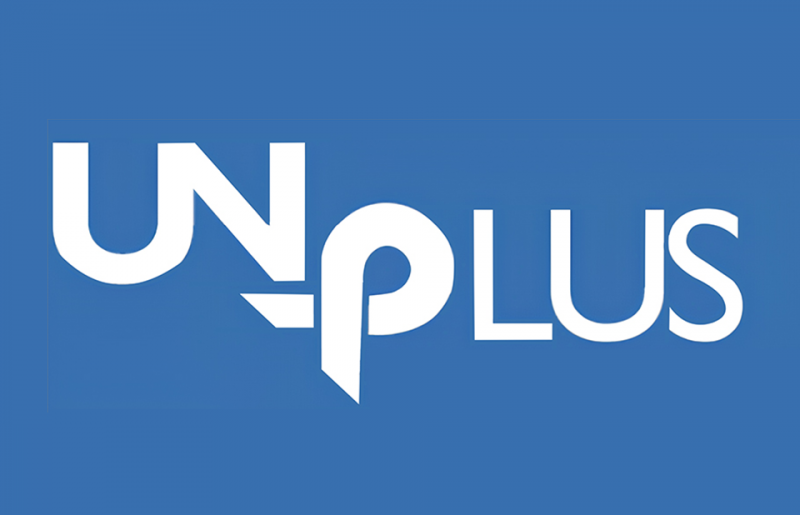Now 43 years old, Ariadne Ribeiro Ferreira, a trans woman working for UNAIDS in Brazil, advocates to leaders and speaks to media around the world. As she is an inspiration to colleagues, many are keen to learn more about Ariadne’s story.
From a young age, Ariadne sensed that she was different from those around her. “When my sister arrived, I understood, as a child, that I was like her,” Ariadne recalls.
Ariadne's situation, already challenging, became dangerous when her mother remarried. “My stepfather would beat me almost every day, berating me for my lifestyle,” she recalls.
At just 13, Ariadne was forced to flee her home. "I had no choice," she remembers. Despite these difficulties, she was fortunate to have a caring grandmother who took her in and provided support. “My grandmother was different from the rest of the family. She was like a teacher to me,” Ariadne reflects. Her grandma had a transgender friend named Zeze, an activist who also inspired her.
At the age of eighteen while living with her grandmother, Ariadne’s life took a turn when she heard on the radio that a local hospital would begin offering sex change surgeries with state support. “My grandma was overjoyed at the news and danced for me,” Ariadne recalls with a smile. Shortly after Ariadne began her transition.
However, that same year she experienced a traumatic event when she contracted HIV after being raped. Despite this devastating ordeal, she refused to give up. She began treatment and continued her life with determination and resilience.
By the age of 24, she had completed all her surgeries, and she had been legally registered a woman. Ariadne officially changed her name on all her documents.
She pursued education to open up opportunities. “I had the chance to specialize at UNIFESP, the second-best university in Brazil. Since then, I have continued my education, earning a specialization, a master’s degree, and recently a Ph.D.”
Ariadne began her healthcare career in Itanhaém, where she worked in a peer education program at a health facility and contributed to a cooperation agreement with the State Government. “I focused on HIV prevention programs, gaining visibility as one of the few transgender professionals at the time,” she explains. “This recognition opened up new opportunities for me.”
Reflecting on her proudest achievements, Ariadne highlights her work with homeless individuals in São Paulo, Brazil and her role in establishing the state’s first shelter for homeless transgender people. Following these accomplishments, she joined UNAIDS in 2019, where she continues to advocate for transgender rights and supports people living with and affected by HIV, using her voice to uplift and empower others.
Ariadne's makes use of her extensive experience to champion the rights and well-being of everyone living with HIV, including UN staff. Working with UN Plus, she is pioneering innovative strategies to uphold dignity in every workplace. Building a future free from stigma and discrimination, say Ariadne and UN Plus, is how to enable everyone to perform at their best, and to thrive.



